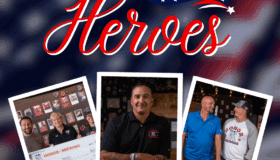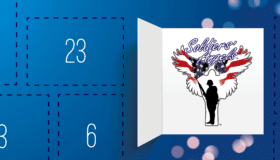TRIBUTE TO OUR HEROES: Dr. Kyle Brooks
July 31, 2025
In this latest episode of “A Tribute to Our Heroes,” we talk with a Dr. Kyle Brooks, head of Strategic Partnerships in our board of directors and a reservist officer in the Army .
Dr. Kyle Brooks has built his Military career on persistence, leadership, and a drive to serve others. From enlisting right out of high school to earning his commission and now serving as an officer, his journey shows the power of resilience and education. We sat down with Dr. Brooks to talk about his career, his service, and the lessons he’s learned along the way.
Q: Can you tell us a little about yourself and your Military background?
A: Yeah, absolutely. I actually enlisted right after high school as an E1, which is the very first rank you can enter at. At the time, it felt like the beginning of something completely new—I was young, motivated, and eager to learn. I was able to bring a friend with me to basic training, and because of that, I earned my E2 quickly. Back then, just having that one stripe felt like a huge milestone. I stayed enlisted for about ten years, and those years really shaped who I was as a person and as a leader. Eventually, I decided to pursue a commission, and I’ve now been an officer for about seven years. That transition gave me a whole new perspective on leadership, and it’s been one of the best decisions I’ve ever made for my career and for myself.
Q: What made you decide to join the Military in the first place?
A: You know, a lot of people have similar stories. I was in school when I saw the towers fall, but growing up that kind of shaped my life. I saw the the carnage on the screens and then more importantly, I saw brave men and women stand up and answer the call to go do something. So, you know, disaster, tragedy, it’s unfortunate that sometimes it seems that today’s world doesn’t remember it. Not because, you know, it’s it’s painful. Uh, but the memory there stirred so many people to action. That’s why I joined, you know, I I wanted to help people. I wanted to be there and didn’t really want to go wage war on somebody. I want to help those people that were out there just doing what they were called to do. Which was my first job in the Army. I signed up as a medic.
Q: How has your experience shaped the way you lead today?
A: My time as an enlisted member taught me a lot about what it feels like to be on the ground, doing the day-to-day work. I learned the importance of good leadership—what it looks like when someone genuinely cares for their people, and also what it looks like when they don’t. Those lessons stuck with me. Now, as an officer, I try to lead in a way that I would have wanted when I was younger in my career. I make it a point to listen, to be approachable, and to remember that leadership isn’t about rank—it’s about how you treat people and how you inspire them to do their best.
Q: What role has education played in your journey?
A: Education has been huge for me. I didn’t come in with a college degree—I started from the very bottom. But over the years, I kept pushing myself to pursue education alongside my service. It wasn’t easy, balancing classes with deployments and family life, but it was worth it. Earning my doctorate was one of the proudest moments of my life, because it represented persistence, resilience, and the idea that no matter where you start, you can achieve great things if you keep working at it. Education gave me tools to think differently, to problem-solve better, and to bring more to the table as a leader.
Q: AI is changing the way we live and work—what role do you think it will play in the Military?
A: That’s a great question. I think AI is already making its mark, and it’s only going to grow. On the operational side, it has the potential to process information and data at a speed no human ever could, which means smarter decision-making on the battlefield. But beyond that, I think AI will play a huge role in logistics, training, and even healthcare for service members. Of course, there are risks—we need to make sure it’s used responsibly, with humans still making the final calls. But overall, I see AI as a tool that, if we use it right, can make the force more effective and keep our people safer.
Q: What advice would you give to someone thinking about joining the Military?
A: I’d say go into it with an open mind and a willingness to work hard. It’s not always easy—there will be long days, sacrifices, and moments where you question yourself—but the rewards are incredible. The friendships you make, the opportunities you’re given, and the skills you gain will stay with you for life. I’d also tell people to take advantage of every opportunity the Military provides—whether it’s education, training, or leadership development. Those things can set you up not just for a successful career in the Military, but also for life after it.
Q: Looking back, what are you most proud of?
A: I’m most proud of the growth—both personally and professionally. When I think about that young kid who enlisted right out of high school, and then I look at where I am now, it’s been a long road. I’ve faced challenges, setbacks, and moments of doubt, but I’ve also built a career I’m proud of, earned an education I never thought possible, and hopefully made a difference in the lives of the people I’ve led along the way. That’s what keeps me motivated—to know that the work I do matters to others.
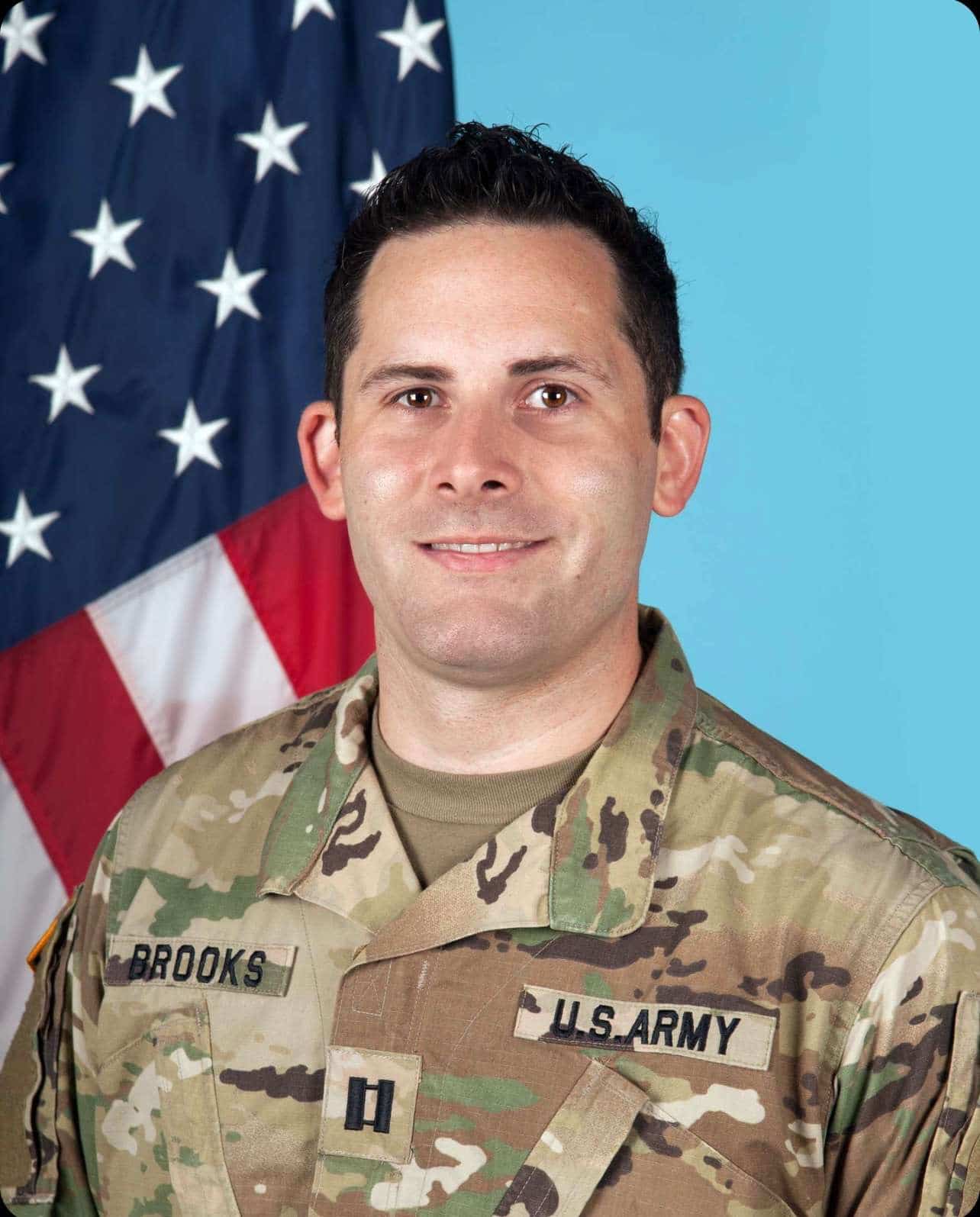
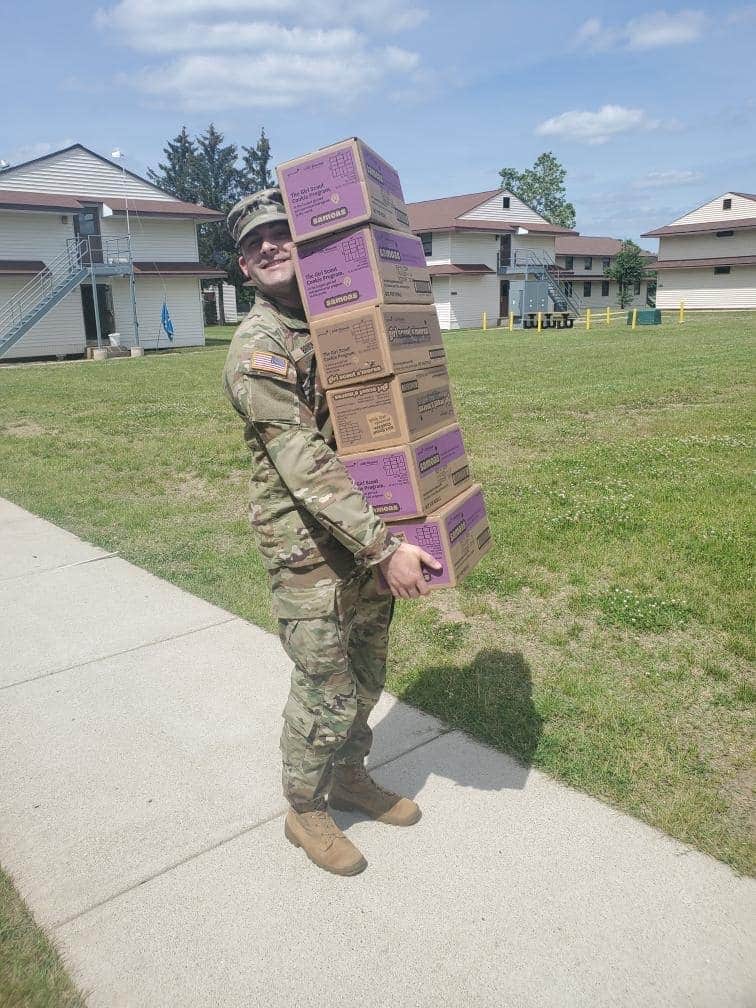
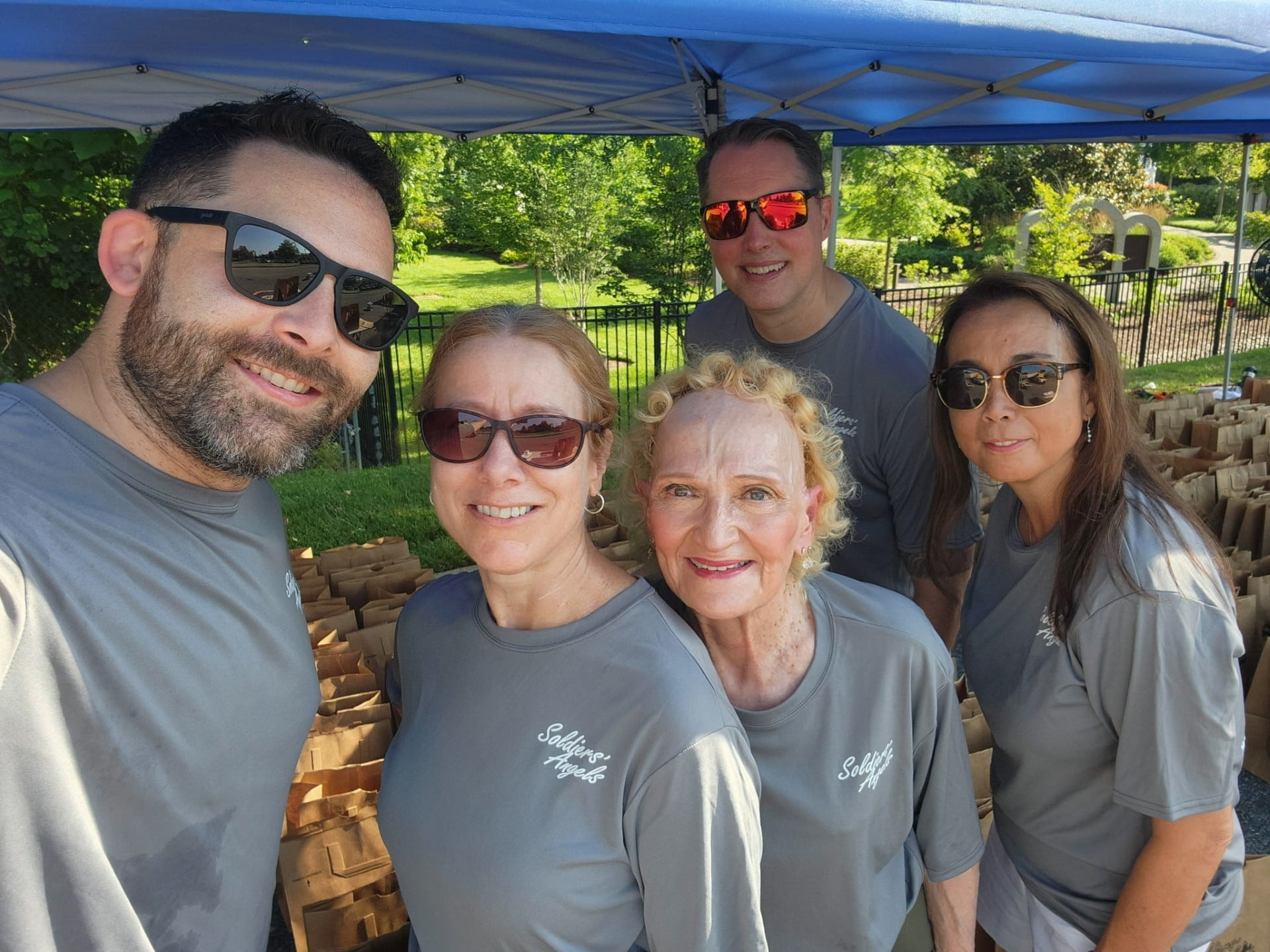
Want to watch more? Click here to watch more vlogs from the Tribute to our Heroes series, or go to our YouTube Channel to see what other events we have going on.
